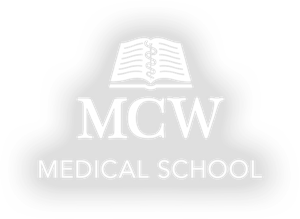all
Electives
The Medical College of Wisconsin- Green bay offers several electives in community based clinical settings within the region. Over you second and third year you'll take one, two-week elective depending on your individual preferences and scheduling.
Acting Internship
The acting internship, regardless of which department/division offers it, is designed to preview the responsibilities of an intern. You are required to complete a four-week core acting internship and a second four-week acting internship chosen from the list of approved rotations. All of the goals and key features will be accomplished with the appropriate supervision by senior residents and attending physicians.
Ambulatory Medicine Clerkship
The Ambulatory Medicine Clerkship allows students to continue to develop clinical skills and gain confidence in the diagnosis and management of medical problems commonly encountered in an adult ambulatory population.
Symptoms
Symptoms unit integrates basic science courses, history and physical findings, knowledge of clinical correlations and understanding of demographic and psychological factors influencing patient presentation and treatment, through a clinical symptom-based process. You'll bring together what you have learned about normal and abnormal gross and cellular structure, biochemistry, physiology, neoplasia and the role of microorganisms in each of the organ-based units. You'll then apply this knowledge in patients presenting with a particular symptom.
Continuous Professional Development (CPD)
The CPD course is the continuation of the early clinical coursework to ensure your continued competency progression in the clinical setting. This course assigns one clinical faculty director to a cohort of students. The CPD director will monitor and measure your performance and competencies based on your cumulative performance in the required components. You'll work one-on-one with your CPD director to manage an Individualized Learning Plan.
Capstone
The two-week Capstone course provides our graduating students a broad exposure to practical clinical issues commonly faced by residents early in their residency. Specialty-specific workshops and additional training as required by residency programs are provided.


